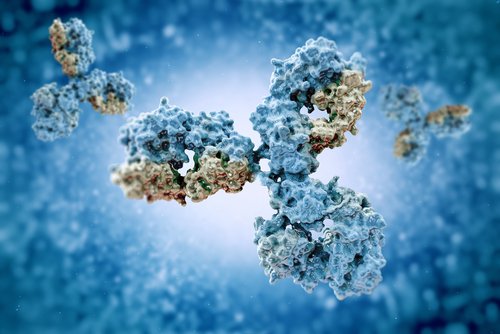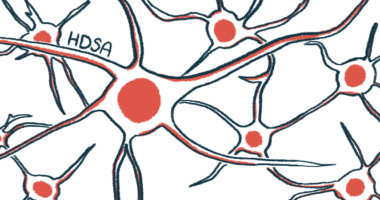AC Immune Identifies Antibodies Against the Alpha-Synuclein, TDP-43 Proteins Linked to Huntington’s

AC Immune has identified antibodies that target the alpha-synuclein and TDP-43 proteins associated with neurodegenerative diseases such as Huntington’s.
The discovery could be used to develop treatments for such diseases, the company said. Antibodies are immune system cells that can recognize and generate a response to invaders.
“Many neurodegenerative diseases share their mode of action and targets, which provides opportunities for synergistic development of product candidates,” Dr. Andreas Muhs, AC Immune’s chief scientific officer, said in a press release. “Our common scientific approach to proteinopathies [diseases caused by abnormal proteins], complemented with proprietary diagnostics, consistently and rapidly delivers new high-quality treatments for precision medicine in neurodegenerative diseases.”
AC Immune used its SupraAntigen™ development platform to discover the disease fighters, which it calls second-generation antibodies. Collaborating with experts in the field, it is trying to discover how they work, so it can develop therapies around them.
“These two latest antibody programs have unique binding properties to only the pathological forms of alpha-synuclein and TDP-43, and we are encouraged by the observations of expert groups on their potential attributes as novel therapeutics,” Muhs said.
Scientists say alpha-synuclein, which is generated mainly in the central nervous system, is a hallmark of Parkinson’s disease. Clumps of the protein known as Lewy bodies are associated with neuron degeneration and progression of dementia.
Researchers have only recently identified TDP-43 as a potential target for neurodegenerative disease therapies. Scientists found an abnormal form of the protein in diseases such as Frontotemporal Lobar Degeneration, chronic traumatic encephalopathy, and Huntington’s.
A growing body of research has demonstrated that TDP-43 is an important player in the underlying cell mechanisms of some neurological conditions, including Huntington’s.
“We are very pleased to move these next-generation antibodies into our discovery pipeline,” said Professor Andrea Pfeifer, CEO of AC Immune. “They have significant potential for addressing the underlying pathology of a range of unmet indications, and reinforce our belief that precision medicine is critical to delivering effective treatments in Alzheimer’s disease and other neurodegenerative diseases.
“Our unique combination of scientific knowledge and assets continues to expand our high-value pipeline of candidates for both in-house development and partnerships,” he added.
The newly identified antibodies should help with a collaboration between AC Immune and Biogen. The companies are laying groundwork to develop compounds that PET scans can use to detect alpha-synuclein and TDP-43.






